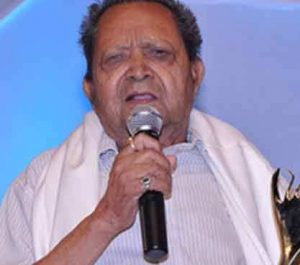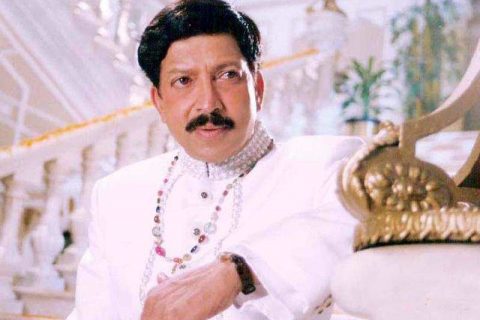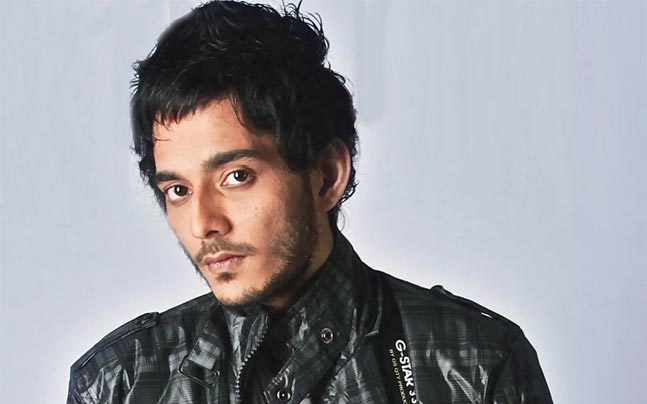 Jeet Singh Negi is a music composer, singer, lyricist, writer and director from India. He was born on 2nd February 1925 at Garhwal Region, Uttarakhand, India.
Jeet Singh Negi is a music composer, singer, lyricist, writer and director from India. He was born on 2nd February 1925 at Garhwal Region, Uttarakhand, India.
His father’s name is Sultan Singh Negi and his mother’s name is Roopdeyi Negi. Check out the table below to get complete information on Jeet Singh Negi.
About Jeet Singh Negi
Bio | |
| Real Name | Jeet Singh Negi |
| Also Known As | Father of modern Garhwali Folk Music |
| Date of Birth | 2 February 1925 |
| Age | 99 years |
| Nationality | Indian |
| Religion | Hinduism |
| Place of Birth | Uttarakhand, India |
| Education | School - Not Known Graduation - Not Known |
Physical Stats | |
| Height | NA |
| Weight | Not Known |
| Hair Color | Black |
| Eye Color | Black |
Family & Relationships | |
| Father | Sultan Singh Negi |
| Mother | Roopdeyi Negi |
| Brother | Not Known |
| Sisters | Not Known |
| Marital Status | Not Known |
| Wife | Not Known |
Career | |
| Profession | Playback Singer |
| Income (Annual) | Not Known |
| Famous for | Garhwali Singing |
| Debut Album | Not Known |
| Net Worth (2018) | Not Known |
Likes & Dislikes | |
| Favorite Singer | Not Known |
| Favorite Actresses | Not Known |
| Food | Not Known |
| Hobbies | Not Known |
His age is 99 Years.
Jeet Singh Negi was the first Garhwali singer whose compilation of six Garhwali folk songs was recorded on gramophone by Young India Gramophone Company of Bombay in 1949.
Jeet Singh Negi has opened Garhwali institution in Dehradun in the post-independence period at 1940. Some of his major works for Garhwali Language as a singer are:
- Bhari Bhool (1952)
The play was an instant hit and the drama stirred not only the mindset of migrated Garhwali Mumbaikars but across India, migrated Garhwali became aware of the importance of drama in their cultural programs. The dialogues are in Hindi and Garhwali and that was the unique experiencing point (UEP), Jeet Singh Negi was conceptualizer, writer, director and stage manager of Bhari Bhool.
- Pativrata Rami (1956)
Parvatiya Munch Delhi staged the Hindi drama Rami Baurani conceived and created by Jeet Singh Negi in 1956 and staged many times.






